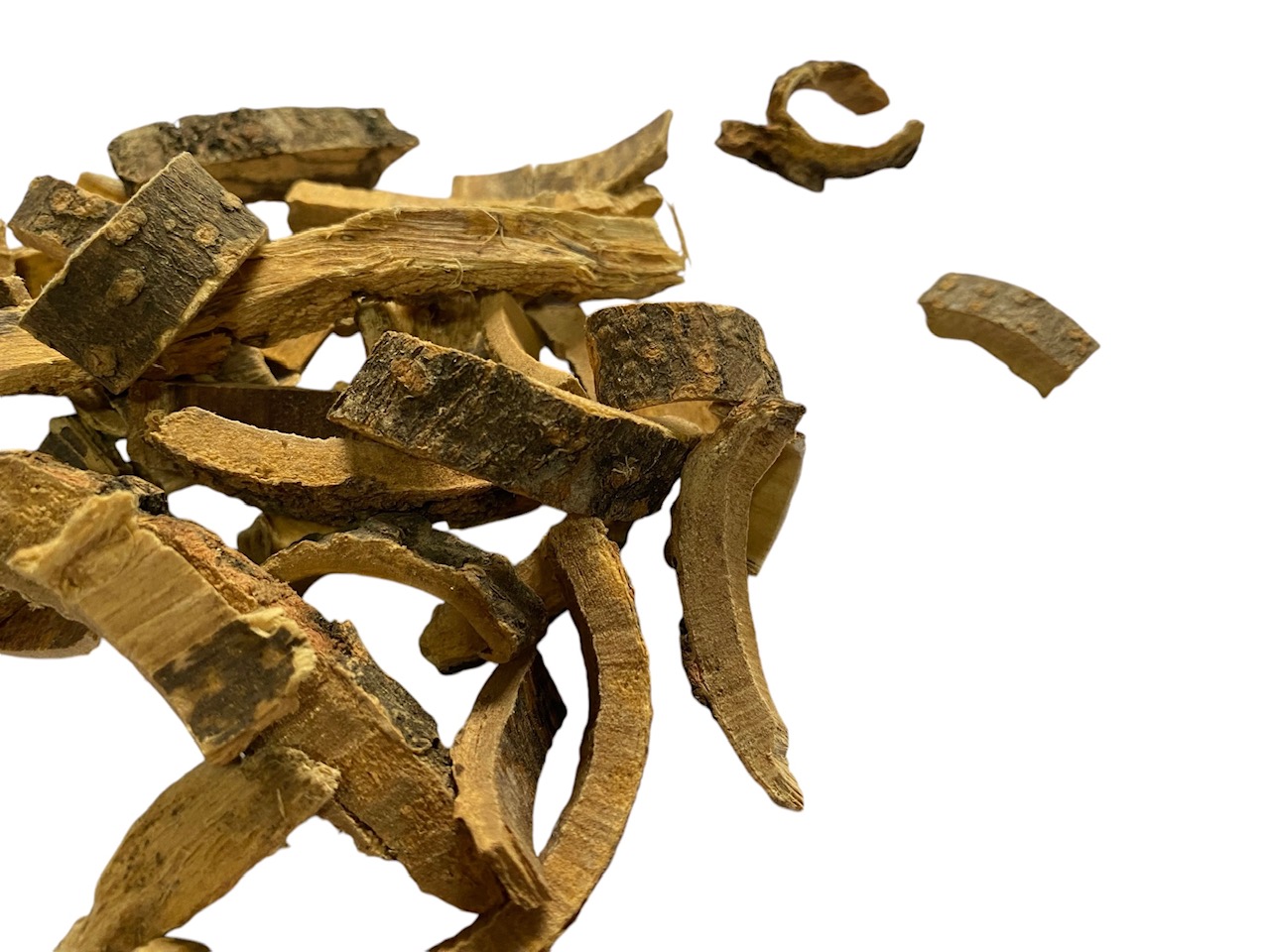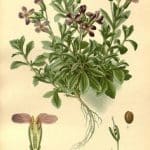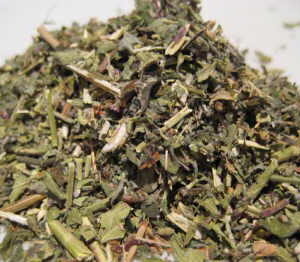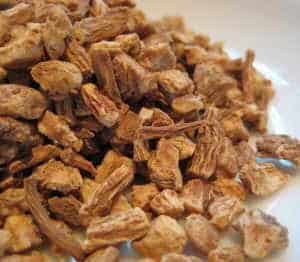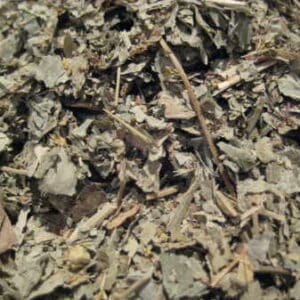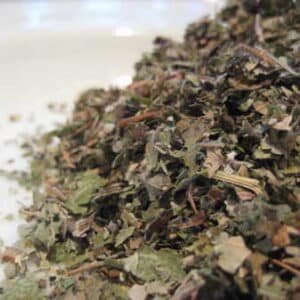He Huan Pi (Bark) – Silk Tree – Albizia julibrissin
£13.50
He Huan Pi Bark – Silk Tree (cut)
Albizia julibrissin
Also known as Albizia Bark, Collective Happiness Bark, Persian Silk Tree, Pink Silk Tree, Bastard Tamarind, Pink Siris, Mimosa Tree Bark & Silk-Tree.
50 grams
The bark of Albizia julibrissin known in China as He Huan Pi (He Huan Hua is from the stems and flowers, He Huan Zhi is the seed) is known by a number of different names such as Albizia Bark, Collective Happiness Bark, Persian Silk Tree, Pink Silk Tree, Bastard Tamarind, Pink Siris, Mimosa Tree Bark & Silk-Tree.
He Huan Pi is a natural product which is untreated by heat and harvested from a deciduous tree native to China, Persia, Korea and Japan. It grows to a height of about 16 metres and the tree has dark, greenish-grey bark which has vertical stripes as it ages. The leaves are bi-pinnate, 20-45cm in length, mid green in colour on the upper surface, paler green below and comprised of linear-lanceolate-oblong, leaflets in pairs of 4-12, each leaflet 1-1.5cm in length. The dense inflorescences consist of clusters of individual flowers with many stamens which are 2-3cm in length and whitish-pink to fuchsia pink in colour.
Traditional Uses for He Huan Pi Bark:-
The bark is used to make a poutice or a plaster which is then used by applying to boils or abscesses where it draws out the puss, It is quite a strong poultice and should not be used for more than a few days at a time. A cooled infusion is also used as a skin wash and added to skin conditioning lotions to reduce inflammation and to clean the skin of excess ols as the herb is quite astringent. The herb is used to make a pleasant herbal tea in China.
The bark of this herb was first mentioned in the ‘Ben Cao Shi Yi’ circa 720 B.C. The translation of the Chinese words ‘He Huan’ means ‘Enliven the Spirit’, ‘Pi’ means ‘Bark’
| Batch Code | JI558827CH |
|---|---|
| Country of Origin | China |
| Harvest | August 2024 |
| Best Before | April 2027 |
